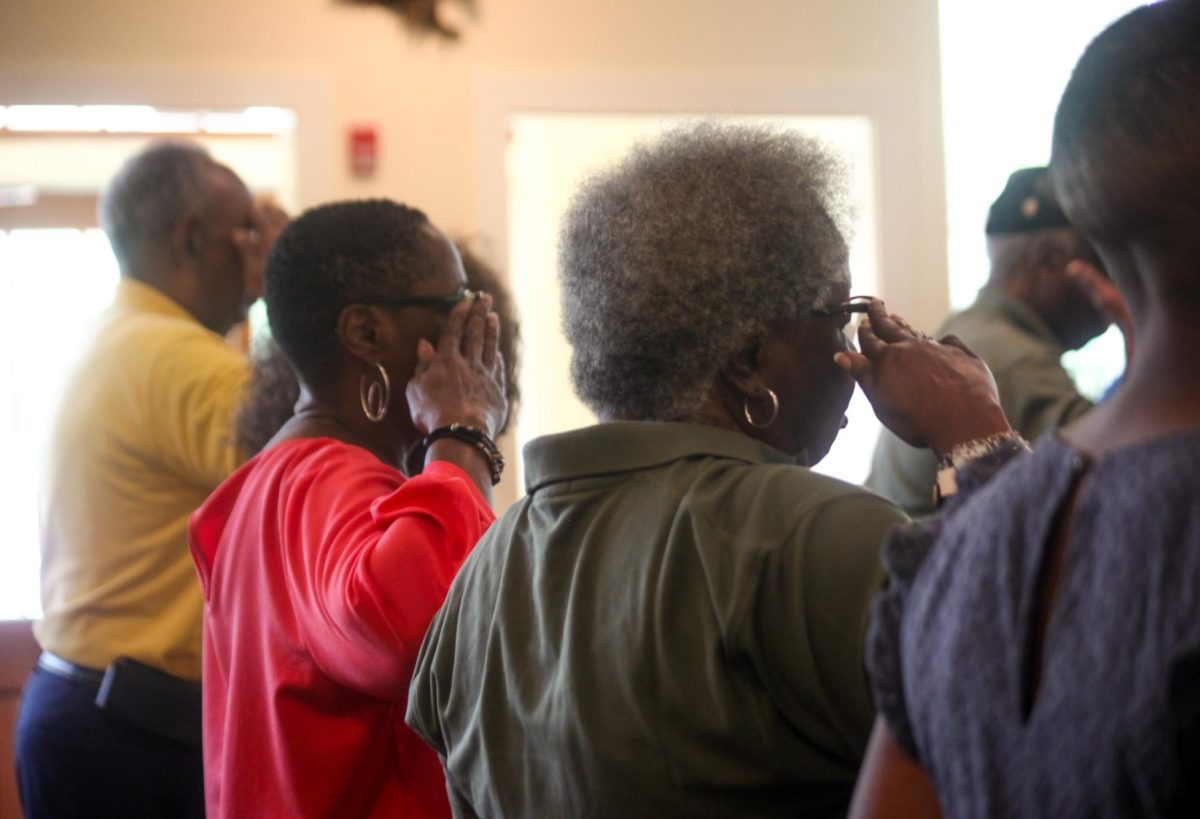Gov. Phil Bryant chose not to renew a waiver that would exempt Able-Bodied Adults Without Dependents from the work time limit rule in the SNAP program which has been renewed every year since 2006.
This rule change will affect over 82,000 residents, forcing ABAWD to find qualifying work and education programs or risk losing their benefits after a March 30 deadline.
The requirement includes community service, education and work training programs and clocking more than 20 hours per week at a place of employment.
Mississippi first accepted the exemption waiver in 2006 when the unemployment rate rose due to the state’s recessed economy.
As more people found themselves out of work, the federal government offered waivers to the states to allow them to exempt their residents from the time limit imposed in 1996.
The requirement would force ABAWD to find work or have their benefits significantly reduced.
“The rule limits SNAP to three months in every 36-month period for these young unemployed adults,” said policy analyst Matt Williams in a report for the Mississippi Center for Justice. “The three-year calendar begins the month that an individual applies or recertifies for SNAP.”
The report says the state could see financial losses by not extending the waiver, as SNAP generates $9 in revenue for every $5 in benefits.
According to the Bureau of Labor Statistics, SNAP is a powerful economic stimulant in areas of high unemployment. Mississippi is well above the national average unemployment rate at 7.2 percent.
According to the report, potential losses could be close to $8.1 million in benefits from the SNAP program.
Private groups try to handle the increased case load, but these private groups and other anti- hunger network supporters are built to fill in gaps in the system, not to replace the system itself.
The United States Department of Agriculture, which is legally responsible for retailers too qualified to accept SNAP, said it takes two to game the system: the retailer and the recipient. Advanced technology and oversight have cut down the fraud or “trafficking” rate to 1.3 percent.
Despite the success of the program, many of those who do not participate in the program do not see the benefits.
“I have overseen the SNAP, or the food stamp program, for more than thirty years now, most of those years as a state commissioner or state department head in three states,” said USDA undersecretary Kevin Concannon. “[I] think there’s a lot of misunderstanding often around what was known as food stamps and what is now known as the SNAP program.”
Concannon said people tend to generalize and presume to know the people enrolled in SNAP.
“Part of it is people have a tendency to make snap judgements about poor people or people whom they may not know,” Concannon said. “They tend to depersonalize them and you hear anecdotes, as though it applies to everyone on the program.”
Adults exempt from the time limit requirement are pregnant women, those who work over 30 hours per week and those who are mentally or physically incapable of working.
Concannon said the state has not been taking full advantage of the $1.4 million allocated for the state through SNAP Employment and Training grant funds to help ABAWD beat the deadline on finding work.
“That is always frustrating to hear, because that is lost opportunity, and some of the most vulnerable people in the country can be helped,” Concannon said. “[It] takes active engagement on the part of the state leadership to reach out to the communities and not-for-profit organizations.”
Exempt ABAWD must recertify every four months to adjust for factors that can change in a relatively short frame of time, such as place of residence, change in job and so on.
The March 30 deadline requires all ABAWD who were notified in November to fulfill the work requirement by that date. Potentially, 54,084 individuals could lose a total of $8,112,600 in benefits.
In Forrest County, 1,327 ABAWD are subject to the time limit and fewer meet the requirements. The deadline could potentially bring a loss $199,050 in benefits to the county alone.
“The 2016 Legislative Session in Mississippi can provide opportunities for lawmakers to consider policy solutions to mitigate the massive impact of food assistance cuts,” said Williams in the MCJ report.
Mississippi has 84 WIN job centers and other non-profit organizations that are able to assist ABAWD who must meet the deadline.
The USDA is also ready to provide financial help to states but only at the states’ request.




























